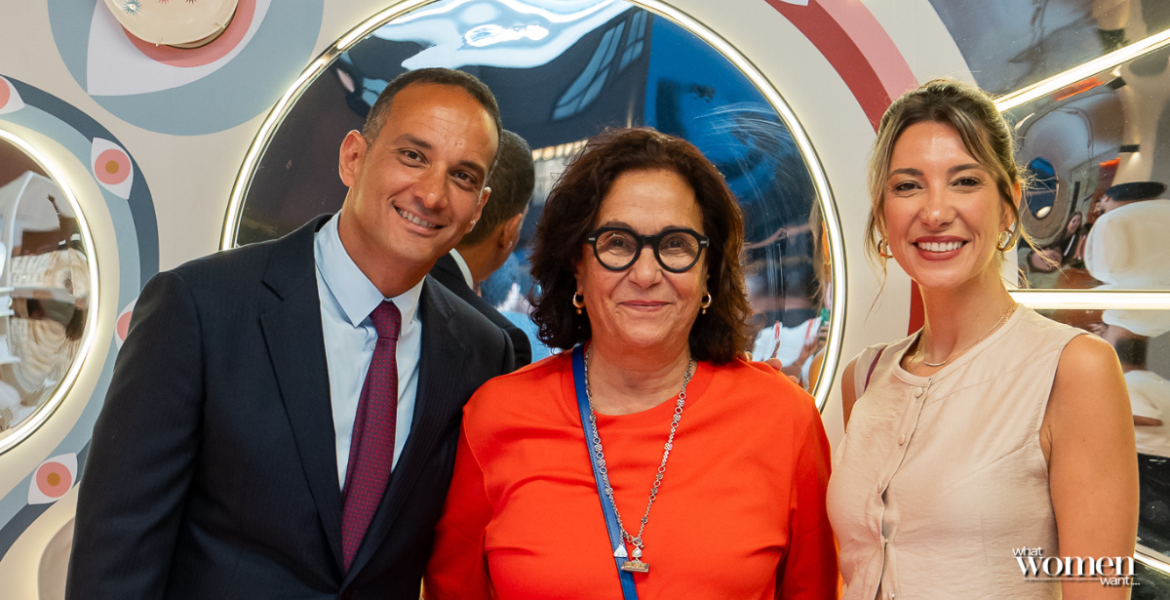Fathy Mahmoud, Egypt’s iconic porcelain brand, has opened its new flagship store at Arkan Plaza in Sheikh Zayed. The launch coincided with the unveiling of its Summer 2025 collection, marking a milestone that brings together legacy, craftsmanship, and modern design.
A Museum-Like Experience
The store was transformed into an immersive experience. Guests walked through curated rooms that told the brand’s story—from the Heritage Room filled with timeless classics to the Bridal Room styled with refined elegance.
Porcelain installations, historic sculptures, and the new collection were displayed like works of art. Artisans worked live on site, revealing the meticulous craftsmanship behind each piece. The store blurred the line between retail space and gallery.
A Guest List That Reflects Influence
The event drew a diverse mix of guests from Egypt’s creative and cultural circles. Azza Fahmy, Noha El Sherbiny, Jihene Atypik, Karim El Hayawan, Hoda El Sherif, and Chef May Yacoubi were among those in attendance. Interior designers, influencers, photographers, and food enthusiasts filled the rooms.
Catering by Cookery and florals by Flower Bar complemented the event, adding thoughtful detail that echoed the brand’s own aesthetic—intentional, elegant, and rooted in craft.
The Artist Behind the Brand
Fathy Mahmoud was born in 1918 and graduated from the Faculty of Applied Arts at Cairo University. His career spanned sculpture and industrial design, with landmark works including the Talaat Harb statue and Aroust El Bahr. His statues of King Fouad and Ismail Pasha now stand at the Harby Museum.
Originally the owner of a steel factory, Mahmoud later pioneered porcelain production in Egypt. His first factory in Shobra rose to cultural prominence and was even featured in the film Raghm Al-Asyad. Today, the factory in Alexandria remains one of the largest porcelain operations in the MENA region.
Craft, Carried Forward
Since 1948, when he established Egypt’s first stoneware factory—EGPC—Mahmoud’s work has combined industrial precision with artistic intention. His legacy now continues through his son Sayed and grandson Mohamed.
The Alexandria factory keeps production fully in-house and employs a workforce made up mostly of women. The brand makes that detail intentional—it shows its continued commitment to empowerment through craft.
Memory in Pieces
While many in the new generation may not know Fathy Mahmoud’s name, his impact remains. Artist Yasmine El Meleegy has explored this legacy through mosaic-like works made from broken porcelain. Her book, A Cup of Tea With Fathy Mahmoud, published by Esmat Publishing, tells his story through themes of preservation and collective memory. A piece of her work is on display at every Fathy Mahmoud location and at the Alexandria factory.
A Quiet Revival
The launch at Arkan Plaza was a celebration—but also a reminder. Fathy Mahmoud shaped Egypt’s material culture. Now, the brand is stepping forward again, grounded in the same values it began with: artistry, heritage, and detail that speaks for itself.

